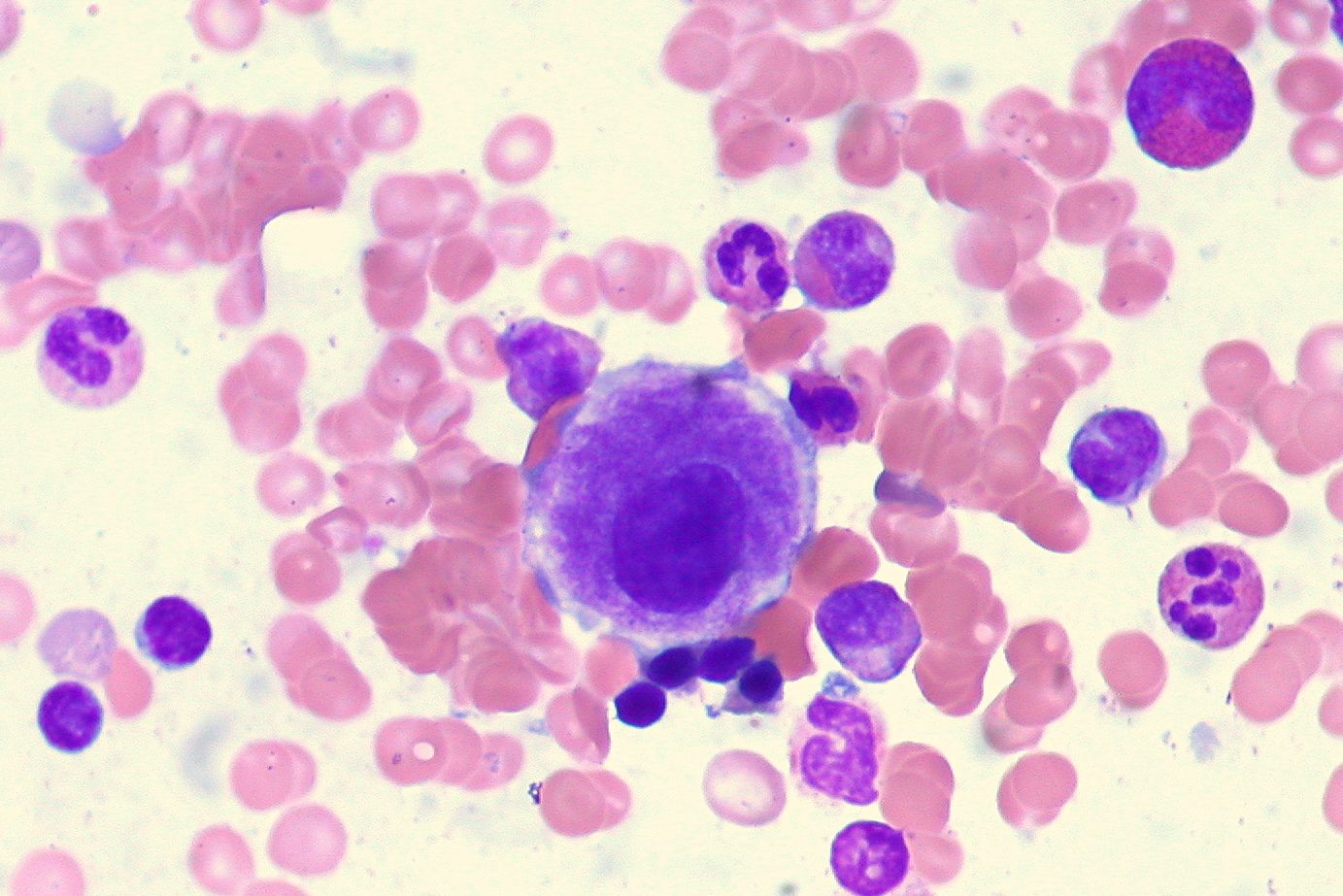Imetelstat Marketing Application Receives EMA Validation for Lower-Risk MDS
The marketing authorization application for imetelstat in lower-risk myelodysplastic syndrome is based on findings from the phase 3 IMerge trial.
A new drug application for imetelstat in anemia-dependent, lower-risk MDS was accepted by the FDA in August 2023.

A marketing authorization application for imetelstat was validated by the European Medicines Agency (EMA) for patients with lower-risk myelodysplastic syndromes (MDS) and transfusion-dependent anemia, according to a press release from Geron Corporation.1
The application for the first-in-class telomerase inhibitor, which is being reviewed by the Committee for Medicinal Products for Human Use, extends to all European Union (EU) states, Iceland, Norway, and Liechtenstein.
The application is supported by data from the phase 3 IMerge study (NCT02598661), which highlighted that mean hemoglobin levels increased significantly over time in those treated with imetelstat vs placebo (P <.001). The benefit was observed in several patient subgroups regardless of ring sideroblast status, transfusion burden at baseline, and International Prognostic Scoring System risk.
Moreover, patients who were treated with the experimental agent were reported to have long-lasting improvements in fatigue compared with placebo. Additionally, the majority of serious adverse effects in the experimental arm were cytopenias that did not last long and were manageable.
“The EMA validation of the marketing authorization application for imetelstat brings us one step closer to potentially offering this first-in-class therapeutic to patients [with lower risk MDS] in the EU [with] anemia,” John A. Scarlett, MD, chairman and chief executive officer at Geron, said in the press release. “Based on the clinical profile of imetelstat to date, we are optimistic about its potential to become a standard of care and address longstanding unmet needs of lower risk MDS.”
A new drug application for imetelstat in anemia-dependent, lower-risk MDS was accepted by the FDA in August 2023.2 The Prescription Drug User Fee Act date for the agent is June 16, 2024.3
References
- Geron announces EMA validation of marketing authorization application for imetelstat for the treatment of lower risk MDS. News release. Geron Corporation. September 29, 2023. Accessed October 2, 2023. https://bit.ly/3PHQArK
- Geron announces FDA acceptance of new drug application for imetelstat for the treatment of lower risk MDS. News release. Geron Corporation. August 21, 2023. Accessed October 2, 2023. https://shorturl.at/DOYZ6
- Geron announces PDUFA date for imetelstat NDA in lower risk MDS. News release. Geron Corporation. August 22, 2023. Accessed October 2, 2023. https://shorturl.at/GMSU6